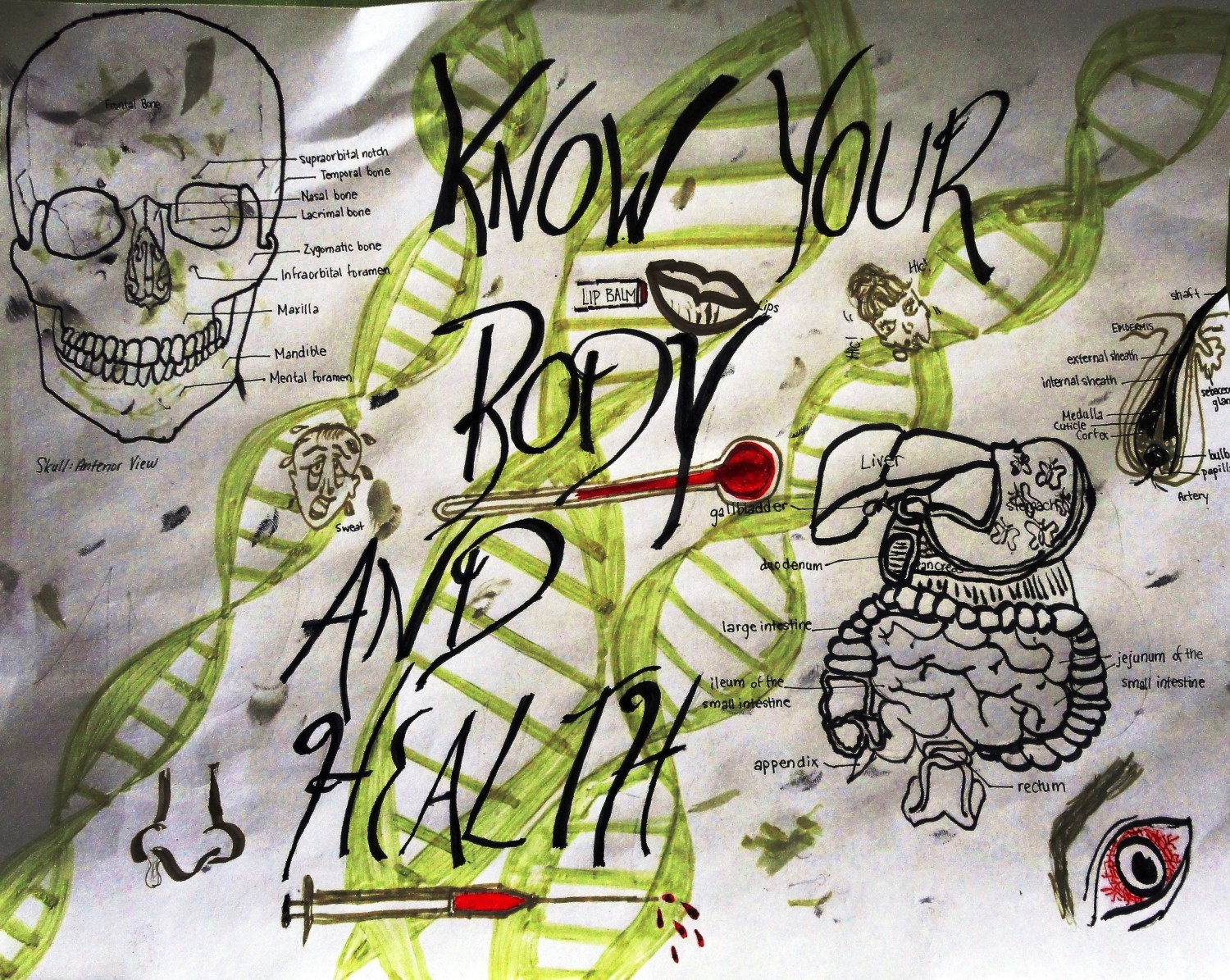This post has been a long time coming, having been a request from my roommate. Canker sores are really painful and seem to appear spontaneously. So what are canker sores and why do we get them?
What are Canker Sores?
Canker sores, also called aphthous ulcers, are shallow, open sores that can be formed on your tongue, on the inside of your cheeks or your lips. These sores are typically white in colour with a red border.
Don’t confuse canker sores with cold sores! Canker sores are inside our mouths while cold sores are usually on the outside of our mouths.
What causes Canker Sores and why do we get them?
To both questions, my answer is the same: I have no clue.
Science is still unsure of what exactly causes canker sores and why they form. There are a lot of different causes being discussed, seeming to work together. I’ve read about stress-induced sores, as well as sores that form as a result of a very citrus-filled diet (oranges, pineapples, tomatoes, strawberries). Some toothpastes and mouthwashes contain sodium lauryl sulfate, which is thought to contribute to the development of aphthous ulcers. Poor nutrition has also been linked to canker sores, specifically deficiencies in vitamin B12, iron, zinc and folic acid. These factors indirectly cause the formation of canker sores. Some doctors believe that hormones play a role too, as twice as many women as men get these mouth ulcers.
There are certain individuals that are more likely to form canker sores. There is a disease called Aphthous Stomatitis, where an individual has a weakened immune system, and can lead to canker sores being formed. There’s a theory that maybe the individual’s white blood cells irritate the lining of the cells, causing the sores.
There are also researchers who believe that there is a genetic component to aphthous ulcers that results in a higher predisposition of the sore in relation to others. If your parents or siblings had/have a lot of canker sores, then it’s highly likely that you’ll have a lot of them in your lifetime too.
Are Canker Sores contagious?
Luckily, canker sores are not contagious!! They just hurt… a lot.
How do we get rid of Canker Sores?
Canker sores usually disappear after a week or so on their own. The best thing to do to ensure that the canker sores do go away as quickly as possible would be to stay away from anything that may irritate the sores, like citric acids, spicy or crunchy foods, or sodium lauryl sulfate-containing toothpastes/mouthwashes. Also, stay healthy – make sure you are not deficient in any particular vitamins or minerals.
There needs to be more research done on canker sores to really understand what’s going on to cause them; but seeing as they usually don’t last long, aren’t contagious and pretty much heal on their own, it’s probably best that we have more people researching other things.
American Dental Association. 2005. Canker sores and cold sores. The Journal of the American Dental Association 136: 415.
Lucille Packard Children’s Hospital. 2013. Aphthous Stomatitis. LPCH.org. <http://www.lpch.org/DiseaseHealthInfo/HealthLibrary/dental/aphthous.html>. June 6, 2013.
Nemours Foundation. 2013. Canker sores. KidsHealth.org. <http://kidshealth.org/teen/diseases_conditions/mouth/canker.html#>. June 6, 2013.
Tonn, E.M.. 2012. Dental health and canker sores. WebMD.com. <http://www.webmd.com/oral-health/guide/canker-sores>. June 6, 2013.
